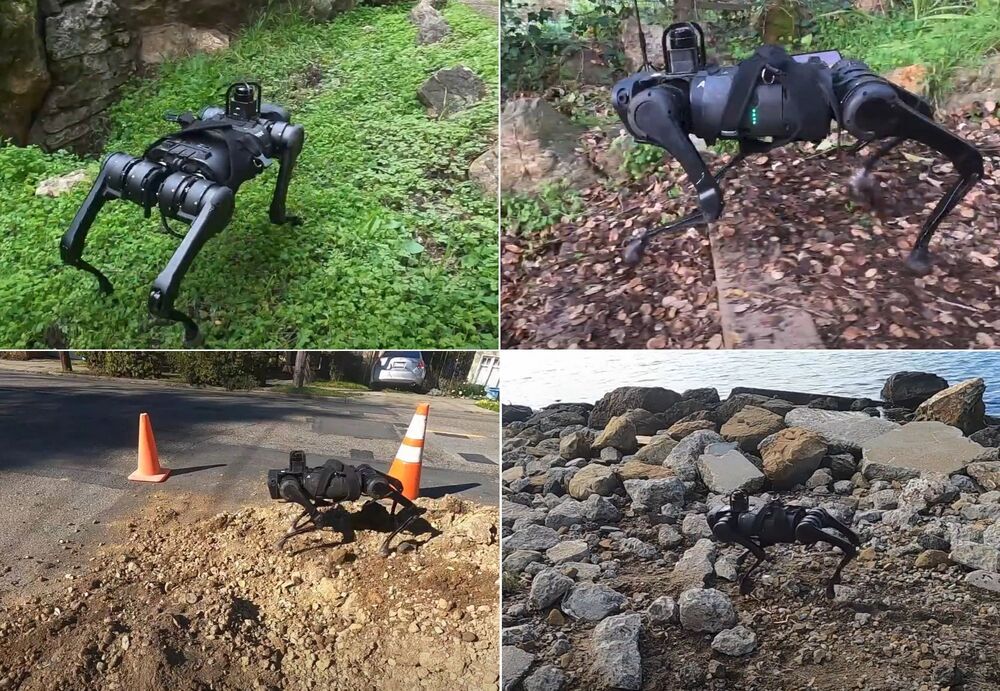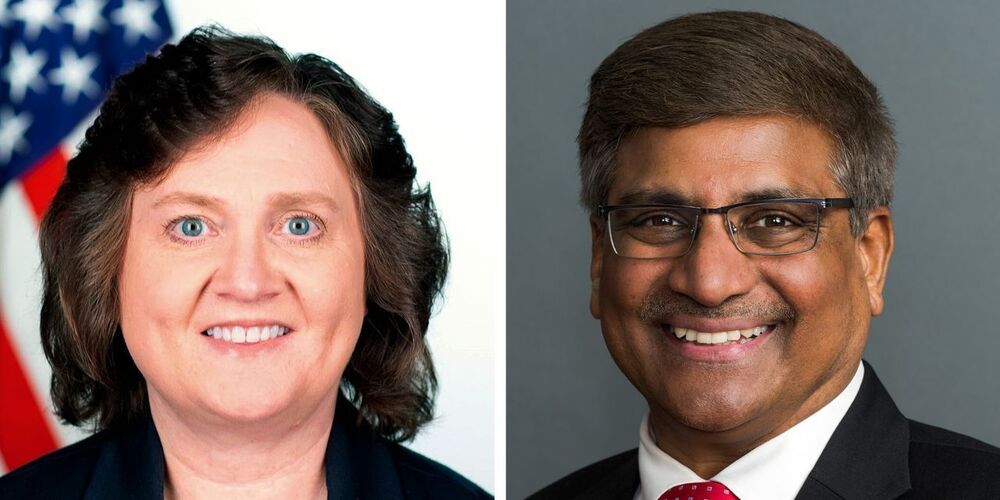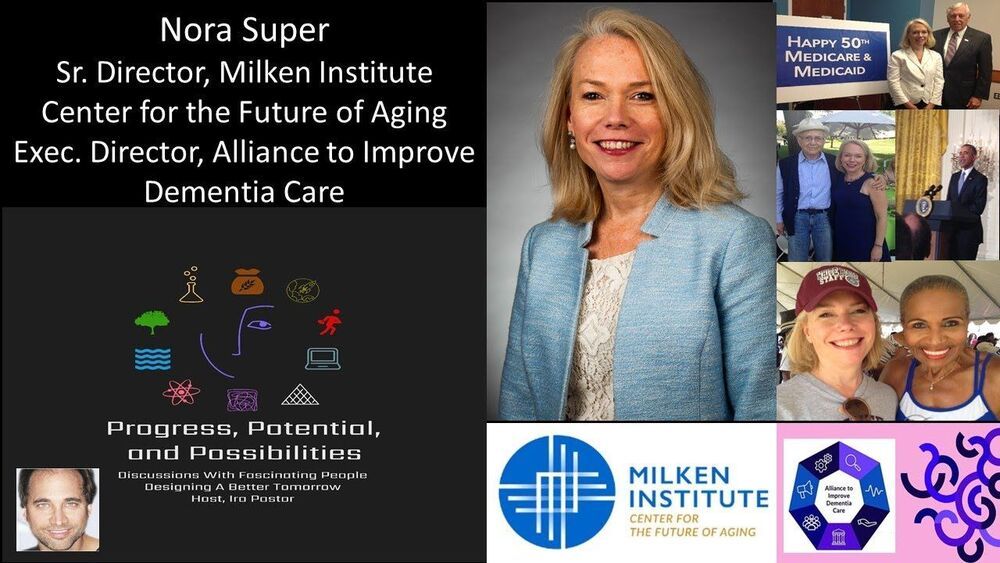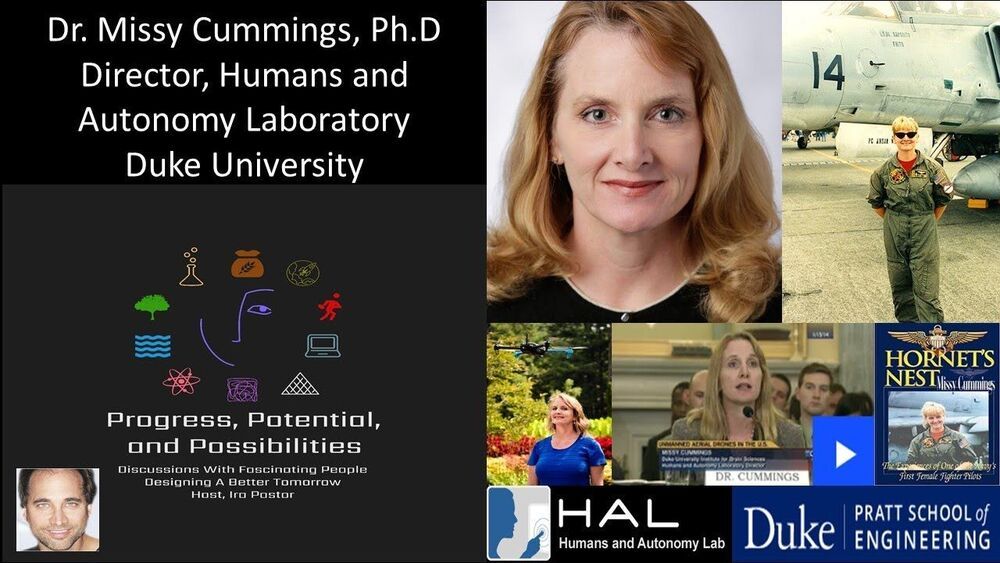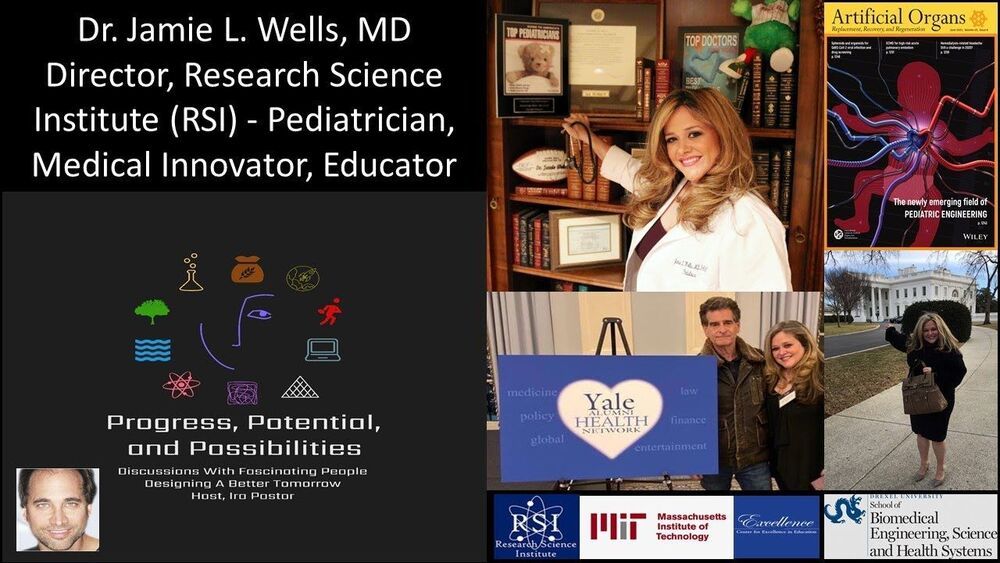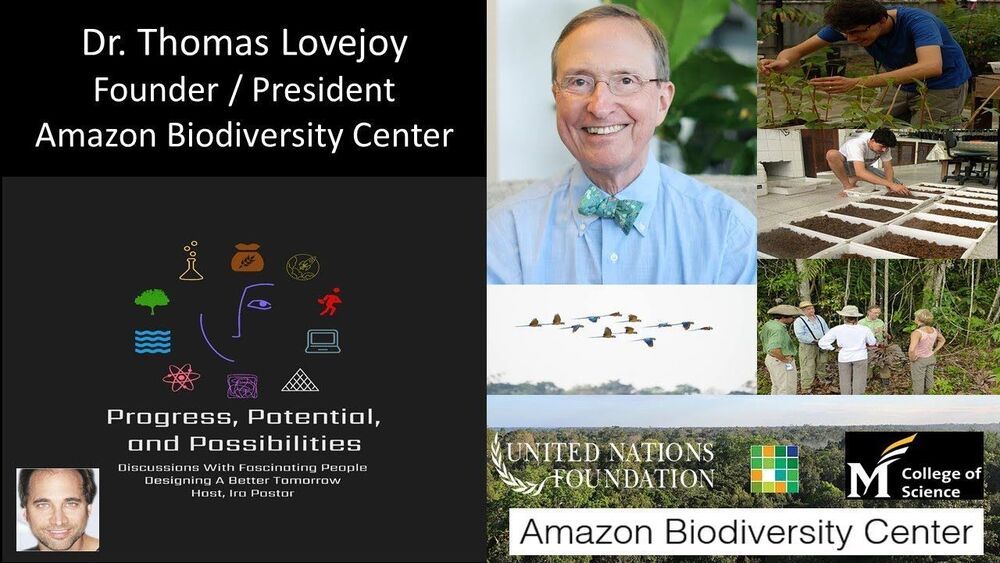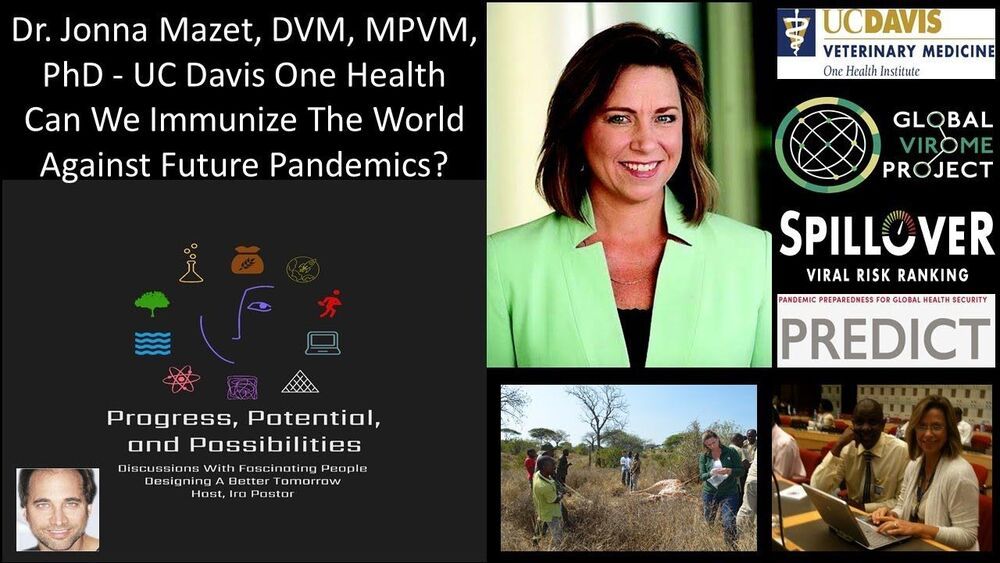Portland, Oregon – June 21, 2021 – World-acclaimed space policy and law expert, who advises the U.S. House, Senate and White House, Paul Stimers, issued a stern warning regarding the U.S. space program on The Costa Report today. “Don’t try to do what China is doing. It’s a trap,” cautioned Stimers.
According to the Washington DC insider, as China’s state-sponsored space program accelerates and challenges U.S. leadership, the U.S. may be tempted to change course. Stimers reminds leaders this is a temptation which has historically produced dismal results. Instead, Stimers claims the best way to protect the U.S. lead in space is for the government to clear the path for “commercial space operations to scale.”
As an example, today the FAA treats every U.S. space flight as a one-off event, causing applications, clearances, etc., to be tedious, slow and costly. By making it possible to process ten, twenty, thirty of the same types of space flights at one time, commercial companies will be able to grow the industry much faster. Stimers urges U.S. leaders to streamline current regulations and procedures so space transportation becomes as routine as conventional airline travel. When leaders begin treating outer space as “a place, rather than a mission,” Stimers believes policies and regulations will fall in line with what U.S. commercial ventures need to stay in front.
Stimers also expressed concerns over China and Russia’s rejection of the Artemis Accords. NASA’s Artemis Accords spell out basic principles on how nations can peacefully operate in space — including fundamentals such as providing emergency mutual aid, sharing scientific knowledge, allowing access to newly discovered resources, etc. China and Russia’s refusal to join the agreement is one of many indications they intend to abide by a different set of rules in space – rules which include claiming ownership and exclusive use. Host of The Costa Report, Rebecca Costa, concurs, “He who establishes beachheads on the Moon, Mars and other celestial bodies first, makes the rules. We can’t afford to let China or Russia get there and carve everything into private property. What then? We go to war in space?”
The 1967 United Nations Outer Space Treaty was instrumental in setting the stage for peaceful collaboration between nations in space. The spirit of that treaty extended to the 1969 first landing on the Moon wherein the United States claimed victory for all humankind. And later, to the International Space Station (ISS) which has accommodated scientists and visitors from 19 countries. But recently, China has begun building its own space station – another indication they have nationalistic objectives. As the ISS reaches the end of its life cycle, there is growing concern that the U.S. and other nations may find themselves without a presence in low Earth orbit, posing grave security risks.
To hear Stimers’ full interview, The Human Conquest of Space, visit: https://www.thecostareport.com/
About The Costa Report
The Costa Report is subscription podcast founded in 2021, by world-acclaimed technology and science futurist, sociobiologist, and former host of The Costa Report syndicated radio program, Rebecca D. Costa. The politically agnostic program explores how new scientific and technological discoveries, fact-based policy, and informed leadership can solve society’s most daunting challenges. The focus of every program is on pragmatic, inspiring solutions to today’s complex problems.
Costa is joined by one of twelve regular, internationally acclaimed subject experts in each episode. From the founder of The Climate Web, Mark Trexler, to former Vice President of Product Development at Abbott Labs, Dan Schmitz, to the Managing General Partner of venture capital firm, Rockport Capital, David Prend, to the legal counsel responsible for educating the House, Senate and Executive Branch on quantum computing, space flight and other emerging technologies, Paul Stimers, to theoretical neuroscientist and founder of Socos Labs, Vivienne Ming, The Costa Report has assembled a depth of knowledge and experience unmatched by any other podcast, television, radio or internet offerings.
The Costa Report describes its audience as listeners who “abhor over-simplification, sound-bites, and headline-deep knowledge; who prefer hearing from qualified experts rather than agendized personalities; who long for respectful, informed, rational debate that examines all reasonable perspectives; who want to trust the media again.”
The Costa Report is advertising-free, supported entirely by listener subscriptions and contributions. For more information visit: https://www.thecostareport.com/
# # #
